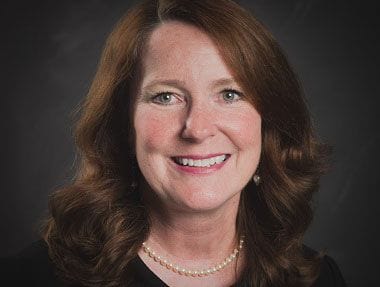Estate Planning Services For People From All Walks Of Life
Your Trusted Lake Charles Estate Planning Firm
For Over 30 Years
Our Practice Areas

Estate Planning

Wills And Trusts

Special Needs Trusts

Successions And Probate

Small Succession
A Practice Built On Personal Relationships And A Sense Of Community
Ms. Barnatt strives to create this sense of community in our offices. We believe in strong attorney-client relationships. Only by getting to know each other well can we provide the best services. Also, we don’t mind if you bring your children when you visit our offices.


Strong Legal Representation To Protect Your Rights And Future
Lorenzi & Barnatt, L.L.C., is a Louisiana estate planning law firm with experienced attorneys who are recognized for their successes and substantial legal knowledge. Our Lake Charles office offers a welcoming environment to clients who come to us with questions about planning for their legacy and how to meet their long-term goals. In our waiting room, you will find clients from all walks of life, from designer clothes to overalls — Gucci to Stetson.
Louisiana Lawyers — Our Clients Are
Our First Priority
Some of the top complaints people make about lawyers are that they are unresponsive, they don’t return phone calls or act disrespectfully in some other fashion. At the law firm of Lorenzi & Barnatt, L.L.C., our attorneys have always worked hard to prevent those complaints. Intended as a compliment, it is not uncommon for clients to tell us, “You don’t act like a lawyer.”
We take as much time with our clients as they need. We listen respectfully, and we make our clients’ needs our number one priority from the moment we begin to represent them. To schedule an initial consultation, call 337-436-8401 or fill out our online contact form.


